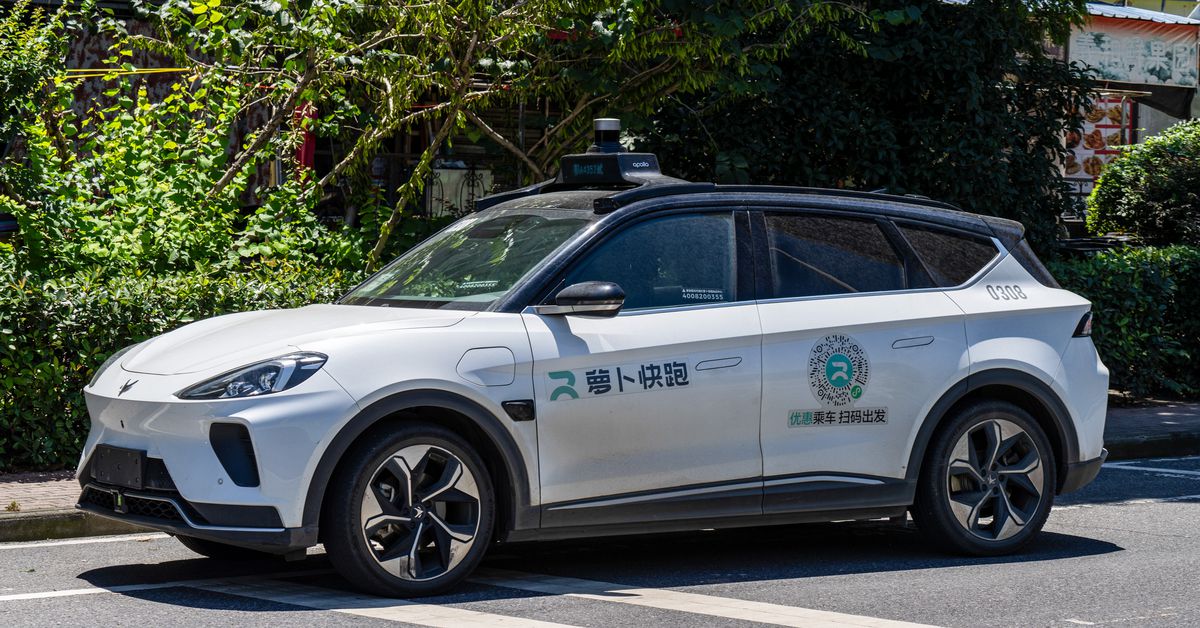Base fares start as low as 4 yuan (around 55 cents), compared with 18 yuan (around $2.48) for a taxi driven by a human
China is already the global leader in 21st century energy - dominating renewables, batteries, and EVs. Now it’s poised to lead in robotic vehicles too.
Its robotaxis cost $30k, Waymo, who’s been in the robotaxi game longer costs $150k. Combine this with the fact Baidu can offer fares that are just 20% of a human driver in China and still make money and you can see how the global demand for such vehicles could be in the hundreds of millions. Tariffs in Europe and America may slow things there, but it won’t be the case for much of the rest of the world. Cheap Chinese robotaxis, with fares a fraction of today’s human-driven journeys, will be ubiquitous all over the planet in the 2030s.
Do we have any info on the sensor or software suite which Baidu uses, or any data on km/intervention? Would be neat if we could compare them to Waymo and Tesla.
I don’t know the specifics. What seems more relevant to me is that lots of automakers around the world are getting to Level 4 by various, mostly similar ways.
Once you have Level 4 you have a viable robotaxi business model. Even if you stick to geo-fenced areas, and mapped routes, that covers 80%+ of urban taxi journeys.
The same holds true for buses and public transit. I’m very interested to see how efforts like this Level 4 mini-shuttle bus in France progress.
When robotaxis & mass transit like these are common, how many people will still want private cars?



